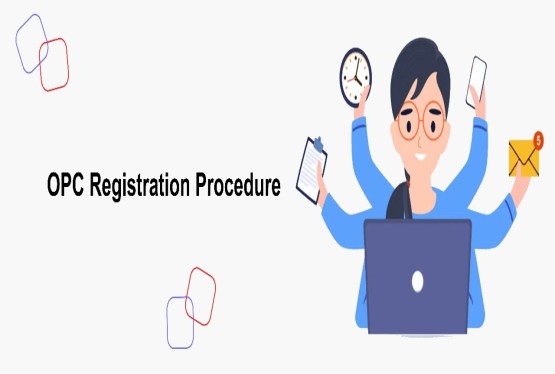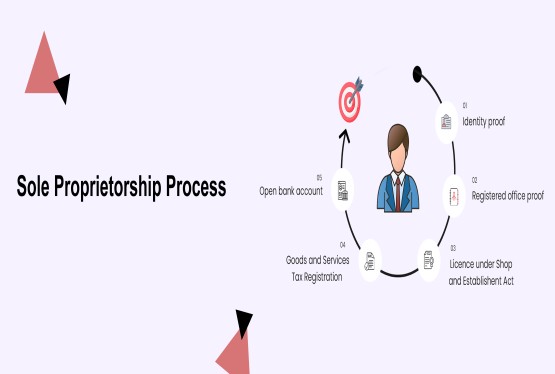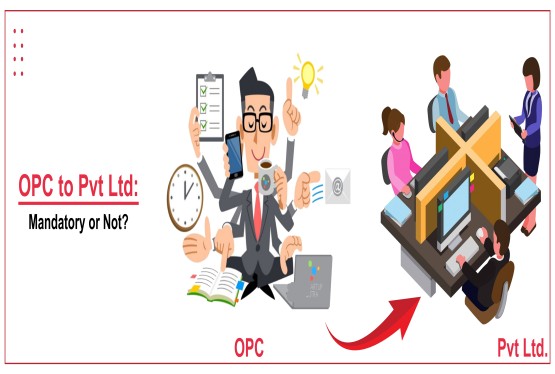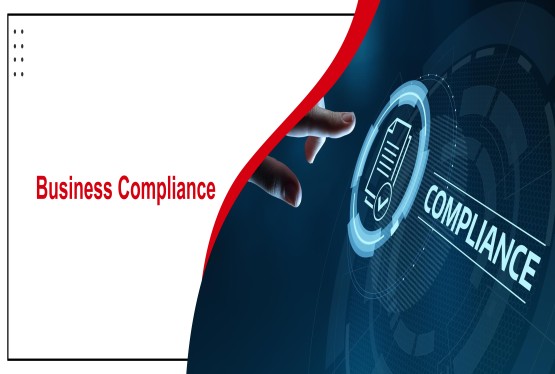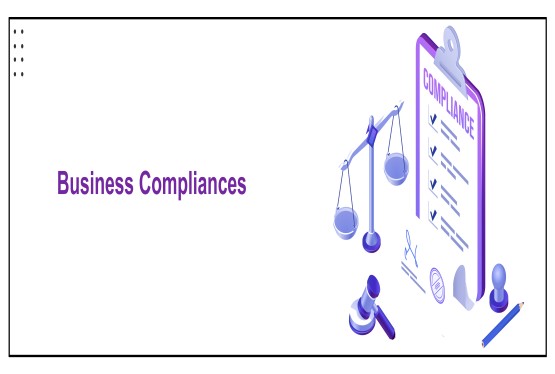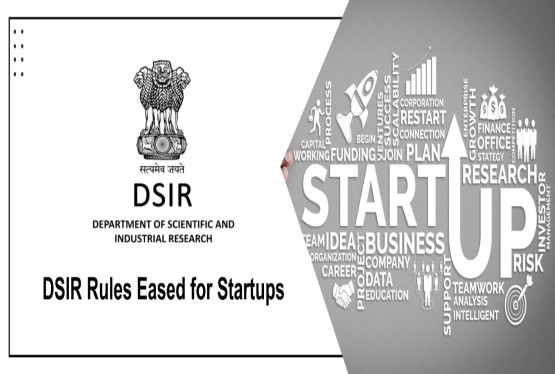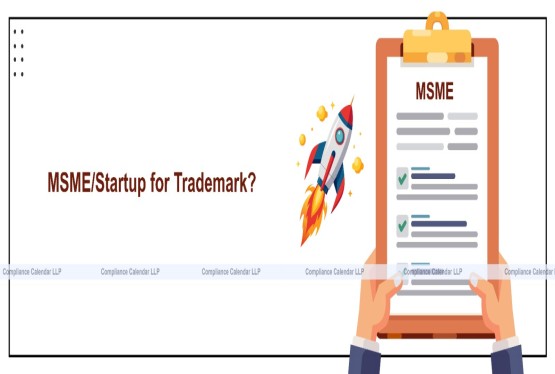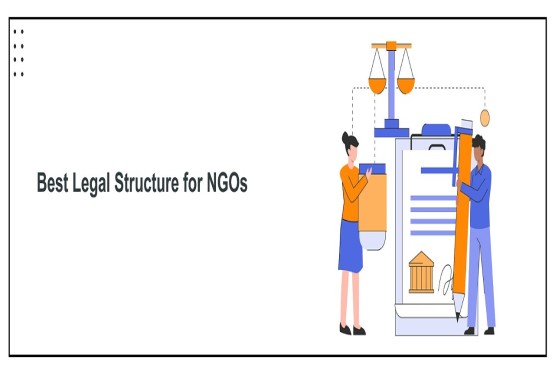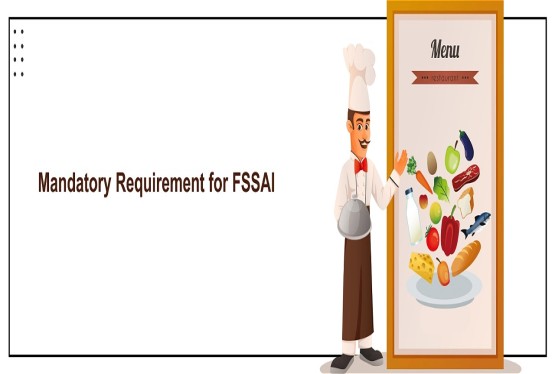The National Small Industries Corporation (NSIC) is a Government of India enterprise established in 1955 under the Ministry of Micro, Small, and Medium Enterprises (MSME). It plays a pivotal role in promoting the growth and development of Micro, Small, and Medium Enterprises across the country. As an ISO 9001:2015-certified Public Sector Undertaking (PSU), NSIC offers a wide range of support services, including financial assistance, marketing support, and technology facilitation. One of its flagship programs, the Single Point Registration Scheme (SPRS), enables registered MSMEs to participate in government procurement and avail themselves of benefits such as tender fee exemptions and access to credit ratings. Through initiatives like SPRS, Marketing Assistance, and Credit Facilitation, NSIC serves as a vital bridge between MSMEs and opportunities in both the public and private sectors.
Eligibility Criteria for NSIC Registration
Before applying for NSIC registration under the Single Point Registration Scheme (SPRS), businesses must meet the following conditions:
Valid MSME/Udyam Registration
To be eligible for NSIC registration, the enterprise must be registered as a Micro or Small Enterprise under the Udyam Registration portal managed by the Ministry of MSME. This registration serves as a mandatory prerequisite for applying under the Single Point Registration Scheme (SPRS). Additionally, enterprises that were previously registered under the Udyog Aadhaar Memorandum (UAM) before the introduction of the Udyam system are also considered valid and acceptable for NSIC registration..
Classification Based on Investment
Under the NSIC registration framework, eligibility is defined based on the investment made by enterprises in plant and machinery or equipment. Micro Enterprises are those with an investment of up to Rs.25 lakhs in plant and machinery for manufacturing activities, or up to Rs.10 lakhs in case of service sector units. On the other hand, Small Enterprises are eligible if their investment does not exceed Rs.5 crores in plant and machinery for manufacturing, and Rs.2 crores for those operating in the service sector. These investment limits help categorize the enterprises appropriately for benefits under the NSIC scheme.
Minimum Operational Period
To apply for full NSIC registration, the business must have completed at least one year of commercial operations. This ensures that the enterprise has a stable operational track record. As part of the application process, enterprises are required to submit proof of business activity, which may include audited financial statements, sales records, and documentation related to business premises. These documents help NSIC verify the legitimacy and operational readiness of the applicant unit.
Provisional Registration for Startups
Micro and Small Enterprises (MSEs) that are less than one year old can apply for Provisional NSIC Registration. This provisional certificate is valid for a period of one year and allows the enterprise to participate in government procurement with a monetary limit of up to Rs.5 lakhs. To qualify, the startup must have commenced commercial production and must also possess a valid Udyam Registration. This provision enables newly established businesses to access procurement opportunities even before completing one year of operations..
Business Entity Types
NSIC registration is open to a wide range of legally recognized business entities. The eligible types of organizations include sole Proprietorships, Partnerships, Limited Liability Partnerships (LLPs), Private Limited Companies, Public Limited Companies, and Co-operative Societies. Additionally, any other entity legally registered under Indian laws and operating as a Micro or Small Enterprise can also apply for registration. This broad eligibility ensures that various business structures can benefit from the schemes and support offered under NSIC.
Ownership of Premises and Equipment
To be eligible for NSIC registration, the applicant must either own or have a valid lease agreement for the required workshop, plant, or office premises. Additionally, the enterprise must have operational facilities in place, meaning that the manufacturing or service setup should be fully functional at the time of application. This requirement ensures that the business is actively engaged in production or service delivery and is not merely registered on paper.
GST and Statutory Compliance
The enterprise seeking NSIC registration must possess a valid GST registration and remain fully compliant with all statutory requirements, including timely filing of Income Tax Returns (ITRs), GST returns, and adherence to labor laws. Regulatory compliance is a critical eligibility criterion, as it reflects the financial discipline and legal standing of the business. NSIC prioritizes such compliant enterprises to ensure transparency and credibility in public procurement and government-related opportunities.
Financial Documentation
To obtain NSIC registration, the enterprise is generally required to have audited financial statements and relevant financial records for the past financial years, demonstrating a track record of commercial activity and financial stability. However, startups and newly established MSEs applying for provisional registration may be exempt from submitting these records initially, allowing them to participate in procurement opportunities while they build their operational history.
Non-Blacklist Requirement
Entities that have been blacklisted by any government department or whose promoters or key managerial personnel have criminal convictions are strictly ineligible for NSIC registration. This exclusion ensures that only credible, law-abiding businesses are granted access to government procurement opportunities and other benefits under the NSIC scheme, thereby maintaining the integrity and transparency of the system.
Sectoral Limitations
Only manufacturing and service sector enterprises are eligible to apply for NSIC registration. This includes businesses actively involved in the production of goods or the delivery of services. Pure trading entities or resellers, which merely buy and sell products without any manufacturing or service infrastructure, are not eligible under the NSIC registration scheme. This distinction ensures that the benefits of NSIC are extended solely to enterprises contributing to value addition and employment generation.
Technological and Commercial Capability
To qualify for NSIC registration, the business must demonstrate adequate technical capacity and commercial credibility to effectively supply goods or render services to key public sector entities such as government departments, public sector undertakings (PSUs), defense establishments, railways, and other public procurement agencies. This requirement ensures that only capable and reliable enterprises are enlisted, maintaining high standards of quality and delivery. Such a detailed and structured eligibility framework guarantees that only genuinely productive, compliant, and performance-ready MSMEs can avail the benefits under NSIC’s support schemes.
Documents Required for NSIC Registration
Before applying for NSIC registration under the Single Point Registration Scheme (SPRS), businesses must gather and prepare a comprehensive set of documents. The list of required documents varies based on the type of entity but generally includes identity proofs, financial records, business details, and statutory registrations.
General Documents
1. PAN Card (Company/Proprietor/Entity)
2. Udyam Registration Certificate
3. Details of Plant & Machinery (Make, model, value, etc.)
4. Ownership/Rental Documents of Business Premises
5. List of Quality Control and Testing Equipment
6. Latest Electricity Bill of the Premises
7. Audited Financial Statements for the Last 3 Years:
-
Balance Sheet
-
Profit & Loss Account
-
Fixed Assets Schedule
-
Revenue from Operations Schedule
8. CA-Certified Statement of Operational Results (3 years)
9. Banker’s Report (as per NSIC format)
10. Self-Declaration Signed by the Applicant
Entity-Wise Additional Documents
1. Private Limited / Public Limited Companies
- Memorandum and Articles of Association (MoA & AoA)
-
List of Directors and Shareholding Details
-
Board Resolution Authorizing NSIC Application
2. Proprietorship Concern
- No additional documents required beyond the general list
3. Partnership Firm
-
Partnership Deed
-
General Power of Attorney (Authorizing signatory)
4. Limited Liability Partnership (LLP)
-
Form 2 (Registered Office Details)
-
General Power of Attorney
5. Hindu Undivided Family (HUF)
- Authorization of Karta (Head of HUF)
6. Industrial Co-operative Societies
-
List of Members
-
Society Registration Certificate
-
Resolution of Authorization
-
Name and Details of the Executive Body
7. Trusts / Societies
- Registration Certificate of Trust or Society
-
List of Members
-
Resolution of Authorization
-
Executive Body Details
NSIC Registration Process: Step-by-Step Guide
The process to obtain NSIC registration under the Single Point Registration Scheme (SPRS) is simple, streamlined, and primarily online. Follow the steps below:
Step 1: Obtain Udyam (MSME) Registration
-
Before applying for NSIC registration, the enterprise must be registered as an MSME through the Udyam portal: udyamregistration.gov.in.
-
A valid Udyam Registration Number is a mandatory prerequisite.
-
Keep the certificate and login credentials handy.
Step 2: Register on the MSME DataBank
-
Visit the MSME DataBank Portal and log in using your Udyam number and PAN.
-
Fill in the business profile, including details about:
-
Products or services offered
-
Installed plant and machinery
-
Business turnover and past performance
-
This step ensures your business is listed in the official MSME database, which is required before NSIC registration.
Step 3: Fill Out NSIC Application Online
-
Go to the NSIC official website and navigate to the Single Point Registration Scheme (SPRS) section.
-
Select "Fresh Online Application" and begin filling out the Seven-Part Form with your business details.
-
Upload all the required documents (PAN, Udyam certificate, financials, ownership proof, etc.) in the prescribed format.
-
Pay the application fee based on your annual turnover:
-
Micro enterprises pay a lower fee.
-
A refundable security deposit may also be applicable in some cases.
-
After submission, a unique SPR Reference Number is generated for tracking.
Step 4: Choose and Complete Third-Party Technical Inspection
-
Post application, NSIC will assign an empanelled inspection agency such as:
-
RITES Ltd.
-
Central Design and Development Corporation (CDC)
-
You must select an inspection agency relevant to your business category and jurisdiction.
-
The agency will conduct an on-site inspection of:
-
Your business premises
-
Plant & machinery
-
Financial records
-
Product/service quality and capacity
-
Ensure the details submitted in your form match the on-ground inspection findings.
Step 5: Verification and Approval
-
NSIC reviews the inspection report and submitted documents.
-
If all details are found accurate and complete, NSIC approves your application.
-
In case of discrepancies or missing documents, the application may be rejected or sent back for correction.
Step 6: Issuance of NSIC Certificate
-
Once approved, the NSIC Registration Certificate is:
-
Made available for download from the NSIC portal, and
-
Also sent physically by post to the applicant.
-
The certificate is valid for 2 years from the date of issue and must be renewed before expiry to continue receiving benefits.
Conclusion
NSIC registration, particularly under the Single Point Registration Scheme (SPRS), serves as a powerful gateway for Micro and Small Enterprises (MSEs) to tap into government procurement opportunities and gain access to financial and technical support. By fulfilling the specified eligibility criteria and submitting the required documentation, enterprises can position themselves as credible suppliers for public sector entities. The well-structured online application process—backed by third-party inspections and thorough verification ensures transparency and reliability in onboarding only capable businesses. Once registered, MSEs can benefit from exemptions in tender-related fees, improved market visibility, and enhanced chances of securing government contracts. Ultimately, NSIC registration empowers MSMEs to grow sustainably while contributing meaningfully to India’s economic development.
Frequently asked question
Q1. What is NSIC registration?
Ans. NSIC registration refers to the certification granted by the National Small Industries Corporation under the Single Point Registration Scheme (SPRS), enabling Micro and Small Enterprises (MSEs) to participate in government procurement and avail benefits like tender fee exemption and EMD waiver.
Q2. Who is eligible to apply for NSIC registration?
Ans. Only Micro and Small Enterprises (MSEs) registered under the Udyam portal are eligible. They must be engaged in manufacturing or service activities and meet conditions related to investment, operational tenure, compliance, and infrastructure.
Q3. Can a startup or new business apply for NSIC registration?
Ans. Yes. Startups less than one year old can apply for Provisional NSIC Registration, which is valid for one year and allows participation in government tenders up to ?5 lakhs.
Q4. Is NSIC registration mandatory for MSMEs?
Ans. No, NSIC registration is not mandatory. However, it is highly beneficial for MSMEs aiming to participate in public procurement and government tenders.
Q5. What are the key benefits of NSIC registration?
Ans. Registered units can avail:
-
Exemption from EMD (Earnest Money Deposit)
-
Exemption from tender fee
-
Automatic enlistment in government procurement databases
-
Facilitated access to raw materials, finance, and marketing assistance
Q6. How long does it take to get NSIC registration?
Ans. The process typically takes 3 to 6 weeks, depending on document verification, inspection scheduling, and completeness of the application.
Q7. Is physical inspection mandatory for NSIC registration?
Ans. Yes, a third-party technical inspection of the unit's infrastructure, machinery, and capabilities is mandatory before final approval of the registration.
Q8. What is the validity of the NSIC registration certificate?
Ans. The certificate is valid for 2 years from the date of issue. It must be renewed before expiry for continued benefits.
Q9. Can a trading company or reseller apply for NSIC registration?
Ans. No, pure trading firms or resellers without their own manufacturing or service facilities are not eligible for NSIC registration.
Q10. How can I check the status of my NSIC application?
Ans. You can track your application using the SPR Reference Number generated at the time of online submission via the NSIC portal.












_crop10_thumb.jpg)





_crop10_thumb.jpg)




























-Form_crop10_thumb.jpg)

_crop10_thumb.jpg)























_learn_crop10_thumb.jpeg)
































_crop10_thumb.jpg)

_crop10_thumb.jpg)





















_crop10_thumb.jpg)















_for_Foreign_Directors_learn_crop10_thumb.jpeg)




_Act,_2015_learn_crop10_thumb.jpg)
































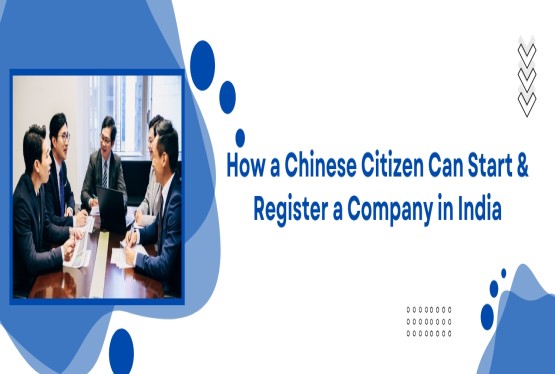

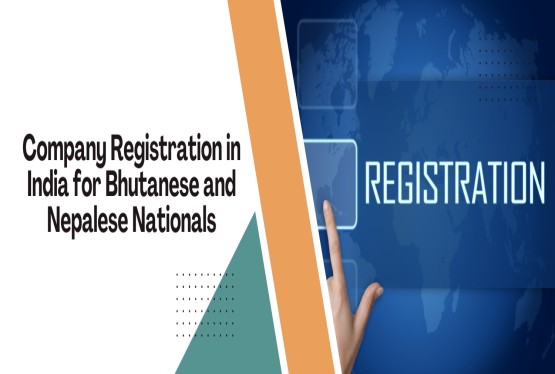
_learn_crop10_thumb.jpg)





















